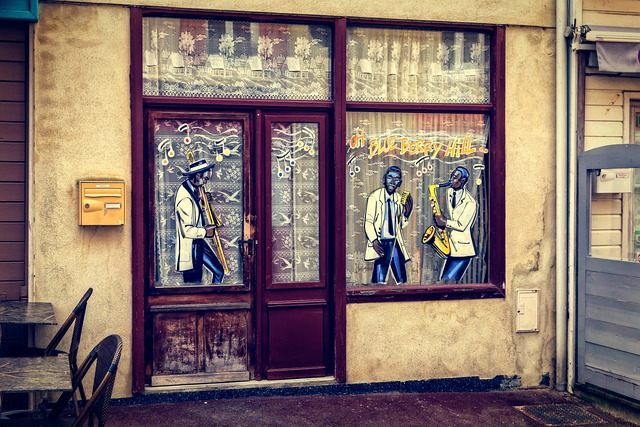The blues, beyond its musical allure, stands as a powerful cultural force—a mirror reflecting the struggles, resilience, and triumphs of a community. Rooted in African American history, this genre has been a vessel for expressing the raw emotions of everyday life, serving as a poignant soundtrack to societal changes. In this exploration, we delve into the profound connection between blues music and social change, unraveling the messages embedded in the soulful notes that echo through time.
Origins in the Delta: Echoes of Hardship and Resilience
Born in the Mississippi Delta, the blues emerged from the harsh realities of African Americans in the early 20th century. Plantation life, segregation, and economic hardship were stark backdrops, and the blues became a voice for those whose stories were often overlooked. Artists like Robert Johnson and Son House conveyed the pain of oppression and the yearning for a better life through their haunting lyrics and soul-stirring melodies.

The Great Migration: Blues on the Move
As African Americans moved from the rural South to urban centers during the Great Migration, the blues evolved in both style and message. In cities like Chicago, where economic opportunities beckoned, blues musicians amplified their voices to address urban challenges. Muddy Waters’ electrified Chicago blues, for example, reflected the migration’s impact on the African American experience, capturing the tension between hope and struggle in the urban landscape.
Cry for Civil Rights: Blues as a Protest Anthem
In the 1950s and 1960s, as the Civil Rights Movement gained momentum, the blues became a vital form of protest music. Artists like Muddy Waters, B.B. King, and Nina Simone used their platforms to amplify the call for racial equality. Songs like “Mississippi Goddam” by Simone and “Why I Sing the Blues” by B.B. King addressed the injustices of the time, articulating the frustration and determination of a generation fighting for their rights.
Empowerment and Identity: Black Pride in the Blues
The blues also served as a celebration of Black identity and resilience. Artists like Howlin’ Wolf and Bessie Smith, with their assertive performances and unapologetic lyrics, instilled a sense of pride in Black audiences. The blues, in this context, became a powerful tool for fostering a positive self-image and unity within the African-American community.
Blues and Economic Struggles: Hard Times in Song
Economic struggles have been a recurring theme in the blues, providing a voice to those facing poverty and hardship. During the Great Depression, blues musicians expressed the challenges of economic downturns through songs like “Brother, Can You Spare a Dime?” by Blind Willie McTell. The blues became a medium to share the collective struggles of a nation grappling with financial adversity.
Blues and Love: A Complex Tapestry
Beyond the socio-political landscape, the blues delves into the complexities of human relationships, often exposing the challenges of love and heartbreak. Songs like “Stormy Monday” by T-Bone Walker and “I’d Rather Go Blind” by Etta James resonate with listeners on a deeply personal level, tapping into universal emotions that transcend societal boundaries.

Blues-Rock and Counterculture: A Sonic Revolution
The 1960s witnessed a fusion of blues with rock, creating a subgenre that became a rallying cry for the counterculture movement. Bands like Cream, Led Zeppelin, and The Rolling Stones embraced the blues, infusing it with a new energy and rebellious spirit. This blues-rock movement not only contributed to the evolution of rock music but also provided a soundtrack for a generation challenging societal norms.
Blues in the 21st Century: Continuity and Innovation
In the contemporary landscape, the blues continues to evolve, addressing current social issues while preserving its historical roots. Artists like Gary Clark Jr. and Shemekia Copeland use the blues to shine a light on issues such as racial inequality, police brutality, and social justice. The genre remains a dynamic force, adapting to the challenges of the present while carrying the weight of its historical legacy.
Blues as a Timeless Messenger
In conclusion, the blues isn’t merely a genre of music; it’s a timeless messenger that echoes the stories of a community grappling with adversity, celebrating triumphs, and demanding social change. From the cotton fields of the Delta to the urban landscapes of Chicago, the blues has been a companion to generations navigating the complexities of life. As we immerse ourselves in the soulful sounds of the blues, let us recognize the power of this musical form to transcend time, fostering understanding and inspiring action for a more just and compassionate world. The message behind the blues endures, reminding us that the pursuit of social change is an integral part of the human experience.
